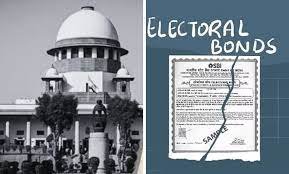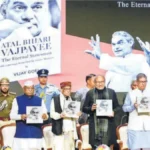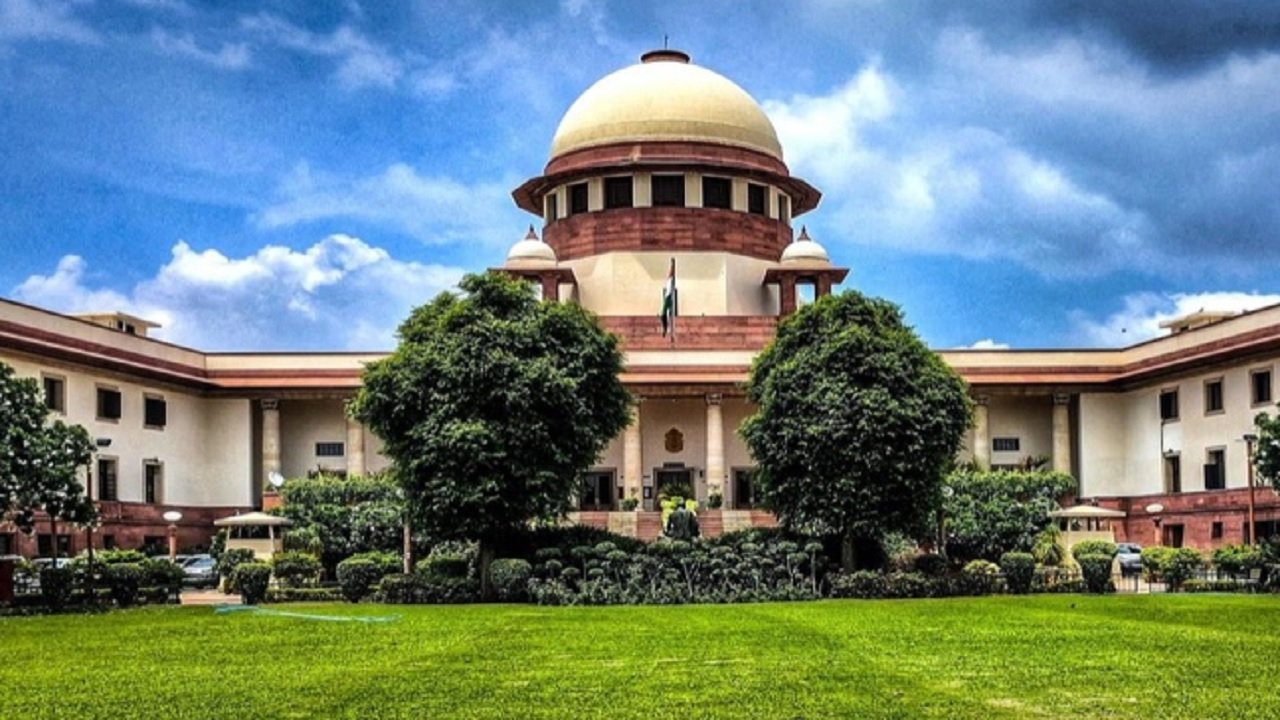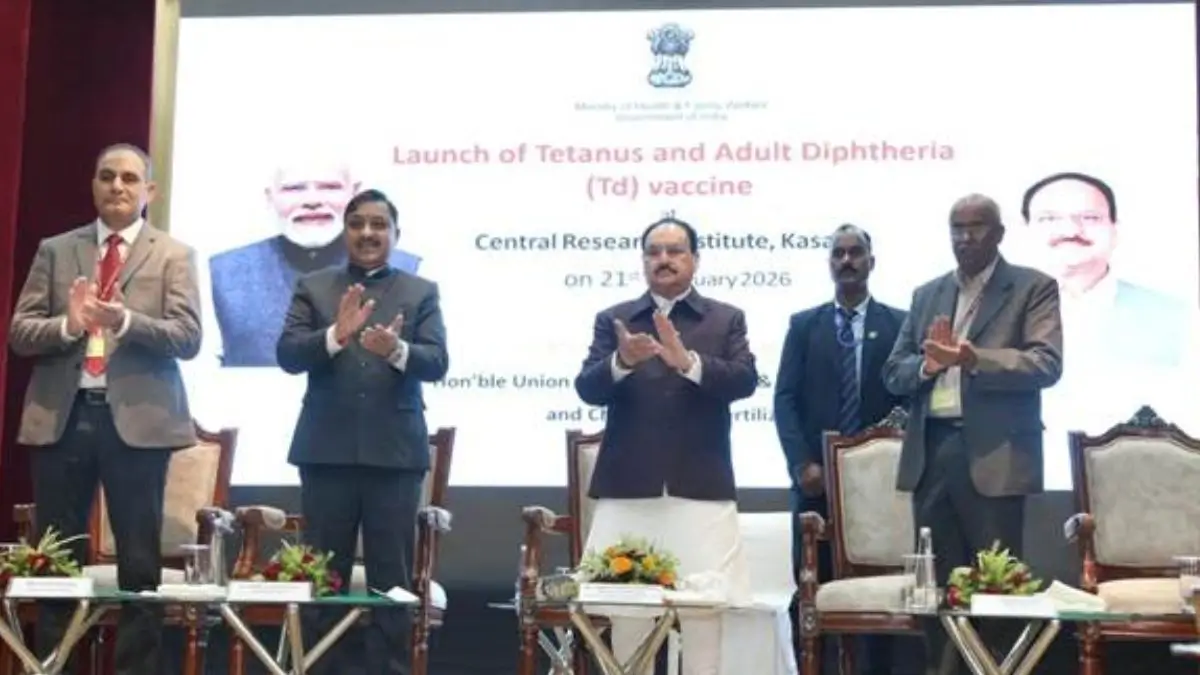Supreme Court Declares Electoral Bonds Scheme Unconstitutional
In a landmark decision, the Supreme Court of India has declared the Electoral Bonds Scheme unconstitutional, marking a significant development in the country’s electoral financing system. The decision comes after a series of hearings and deliberations on the legality and impact of the scheme. This ruling holds particular relevance for students preparing for government exams, especially those aspiring for positions in civil services, as it touches upon a crucial aspect of India’s political landscape.
Background of Electoral Bonds Scheme
The Electoral Bonds Scheme was introduced in 2018 as an alternative to cash donations made to political parties. It allowed individuals and corporations to purchase bonds from authorized banks and donate them to their preferred political parties. The scheme aimed to bring transparency to political funding by reducing the use of unaccounted cash. However, it faced criticism for potential misuse and lack of transparency in identifying the donors.
Significance for Aspirants
For students aiming for civil service positions like IAS or government exams related to public administration, understanding the nuances of the electoral system is paramount. The Supreme Court’s decision adds a layer of complexity to the existing electoral finance framework, and aspirants need to comprehend its implications on governance, accountability, and the overall democratic process.

Why This News is Important
1. Impact on Political Landscape
The Supreme Court’s decision has far-reaching consequences on the political landscape of India. It addresses concerns about the transparency of political funding and sets a precedent for future reforms.
2. Implications for Governance
Aspirants should analyze how this decision may impact governance and the functioning of political parties. It opens avenues for discussions on the role of money in politics and the need for ethical political practices.
3. Legal and Constitutional Dimensions
Understanding the constitutional dimensions of this decision is essential for aspirants preparing for law-related exams. The case involves intricate legal arguments that are crucial for a well-rounded understanding of the legal system.
Historical Context
Evolution of Electoral Financing in India
The issue of electoral financing has been a long-standing concern in Indian politics. The need for reforms arose due to the influence of black money and unaccounted funds in political campaigns. The introduction of the Electoral Bonds Scheme was an attempt to address these issues, but it faced criticism and legal challenges from its inception.
5 Key Takeaways from the Supreme Court’s Decision
| Serial Number | Key Takeaway |
|---|---|
| 1 | The Supreme Court has declared the Electoral Bonds Scheme unconstitutional. |
| 2 | The decision emphasizes the importance of transparency and accountability in political funding. |
| 3 | Aspirants should be aware of the legal and constitutional aspects surrounding electoral reforms. |
| 4 | The ruling may influence future policy decisions related to political financing in India. |
| 5 | Understanding the historical context of electoral reforms is crucial for a comprehensive perspective. |
Important FAQs for Students from this News
Q: What was the purpose of the Electoral Bonds Scheme?
A: The Electoral Bonds Scheme aimed to provide an alternative to cash donations for political parties, promoting transparency in political funding.
Q: Why did the Supreme Court declare the scheme unconstitutional?
A: The Supreme Court declared the Electoral Bonds Scheme unconstitutional due to concerns about transparency and accountability in political funding.
Q: How does this decision impact students preparing for government exams?
A: Aspirants need to understand the implications of the ruling on governance, political landscape, and the legal aspects related to electoral reforms.
Q: What are the key takeaways for exam preparation from this news?
A: Important takeaways include the unconstitutionality of the scheme, emphasis on transparency, legal aspects, potential policy changes, and the historical context of electoral reforms.
Q: How can students stay updated on such significant legal developments?
A: Aspirants can stay informed by regularly following reputable news sources, legal journals, and official announcements from the judiciary and government.
Some Important Current Affairs Links

















